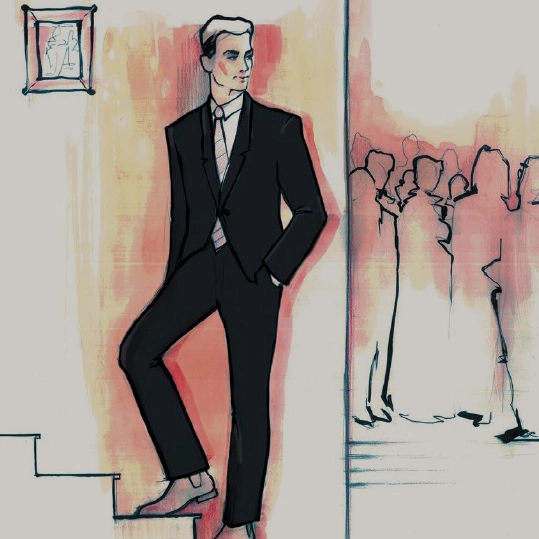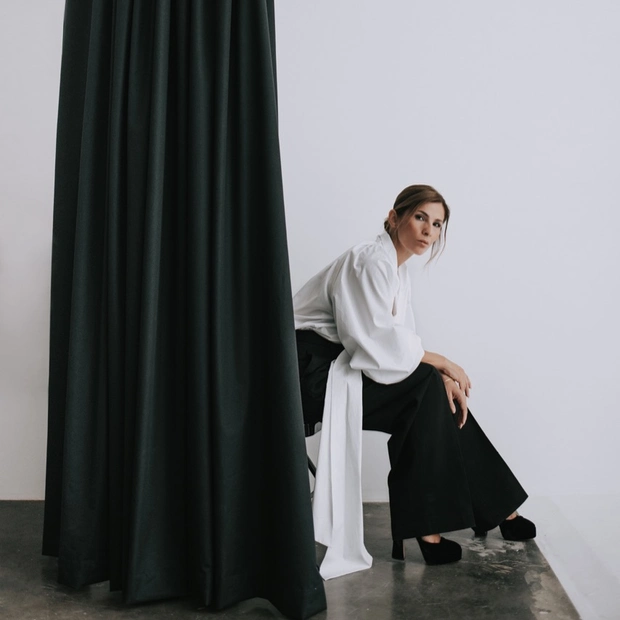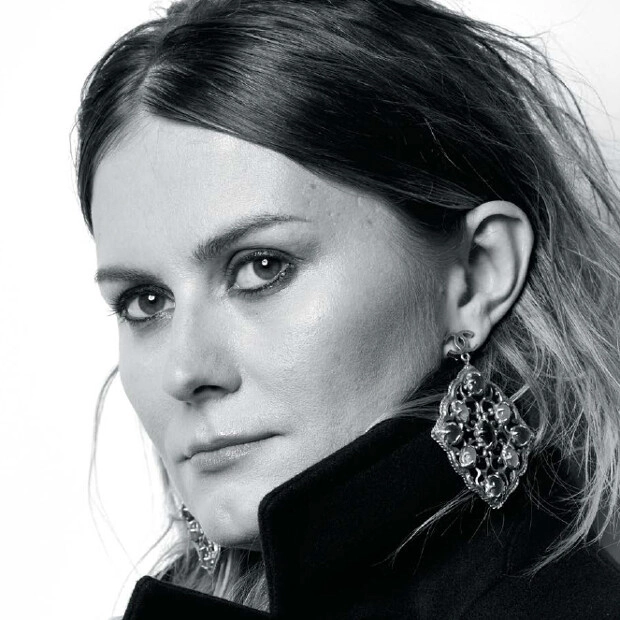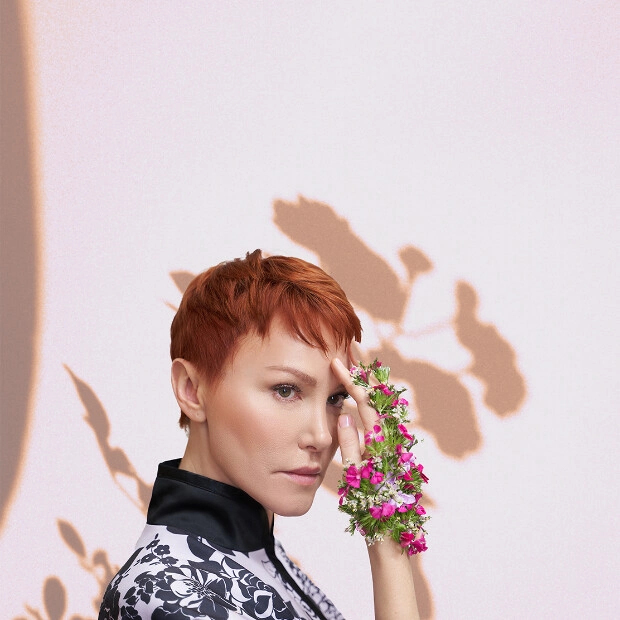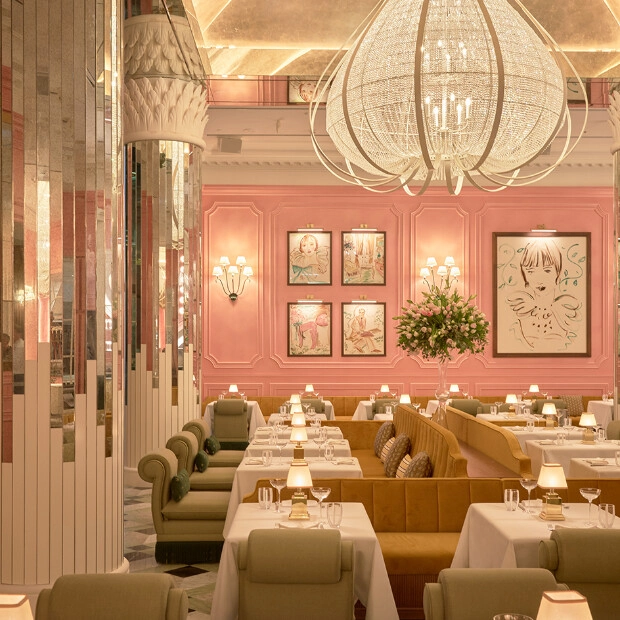Oscar Wilde, master of the paradox, said "good manners are a handicap, they close too many doors". But philosopher John Lock assured on the contrary: "Good manners will open the doors no education can". May be they meant different doors but the one thing is for sure: the ability to behave yourself affects our life crucially. About the power of etiquette and the way it is expressed — Ksenia Markova, specialist in European etiquette, the founder of project Etiquette748.
They write, talk and argue about etiquette much recently and I am happy about that being a person who deals with it long and seriously enough. It seems to be not much of a thing, everyday and obvious: what to wear, when to come, how to distribute guest places, what to ask about, what to keep silence about and even how to make a toast. We do it so often that mistakes are noticed only on a high level not a relevant tie or funny socks of politics, not a right smoking, too long or started not on time official speech and behavioral mistakes at the table.
They consider the word "etiquette" and its semantics to appear in epoch of the Sun King Louis XIV, after he built Versailles Palace noticed that his courtiers are not that good: they spoiled the grasses, argued without any clear reason, behaved themselves the way their ambitions and looks dictated. And his Majesty invented small writings "etiquettes", containing different instructions about what, who, when and how should do. The success was resounding, results impressive everyone knew now when to come in, when to let someone in first. Besides the smart monarch managed what his predecessors thought of but for different reasons could not make real. He realized that etiquette is a perfect and what is more important cheap carrot and stick in one. The universal way of affecting and pressing the courtiers.
When they changed the cloth wallpapers in Versailles they didn't throw old ones and gave each of courtiers so everyone understood who is who: some were given a small piece, others bigger. This became an original evidence of status places in Sun King's orbit. Closeness to the king defined position in society. Etiquette knowledge became absolutely necessary for an ambitious person.
Surprisingly but throughout the existence of the word etiquette the unique meaning of it was never defined. Every dictionary, every specialist with time and experience in.
It's something personal in it, narrowing or widening its meaning. I don't quite like things like: "Etiquette is conditional not written rules, accepted in certain society and letting people coexist comfortably".
We can learn with no mistake a social position of a person by his way to dress, to eat, to shake hands, to give his visit card. Etiquette is always "oursalien", knowing same rules helps to become closer. That's actually the reason of fashion and trend existence and fast change. This is kind of signal. This one knows the trend that one doesn't. And it is not for sure always good. For some people a dress or a bag from new collection of a very expensive brand collection is a sign of wealth and promotion, but for English aristocracy the foolishness not suiting their circle.
There were times when representatives of different classes never met in uncertain circumstances and there was no need for such a strict necessity of identification: one class representatives knew for sure what to put on and say, what is allowed and what is not accepted inside of the group. People traveled less, so specific foreign features influenced the inner culture and standards less.
Of course, etiquette is not a Criminal Law and nobody will put no one to jail for not knowing it. There is one case where people break the rules on purpose to demonstrate their position like they use to do in diplomatic practice. But totally different case is when you offend someone or you are not understood correctly because of the lack of knowledge that is not nice Gestures common and habitual in one country may be explained totally different in another.
People are made like this, they are communicating easily with "their" people. The way from dot "A" to dot "B" needed for establishing of business, friend or romantic contact is becoming much shorter if we see someone like us. Or at least alike. Surprises are OK but do we need risks and experiments when it concerns something important?
There lies an opinion that all of those rules and conditions are not needed. But those who say so also follow the rules no matter if they want it it is just the other game with the other rules. And the players of this game same way as classic behavior fans show the example of someone's behavior someone they would be comfortable to deal with.
Actually, etiquette is a very flexible substance. No one invented a thing without a reason, most of the etiquette norms have a defined and reasonable historical explanation. Men take off hats to salute each other. So, knights did to greet: opened the visor to show their eyes and face in sign of respect. Same way today it is not polite to keep your sunglasses on your face disrespectfully talking to someone. Handshakes without gloves is a medieval friendliness expression "I'm disarmed". Serving a table, we turn knives with sharp part not pointing a neighbor in sign of peacefulness. A successful contract, birthday, date we celebrate at the table: you can give water to an enemy but food is to be shred only with those whom you won't kill. At least immediately. Lady is still considered to better keep the partner's right side: people are mostly right handed so the weapon was always on the left side and simply spoiled her dress. Here comes the rule of the right hand: the most precious and honorable guest is po-sitioned on the right side of the man or lady of the house.
Of course, feminism and gen-der equality affected etiquette norms recently: men are not sure if they should give a coat to lady or move the chair asking her to sit at the table or should he leave her alone with that. The rules start to change. So, etiquette is not an ossified story but flexible. Even such an ossified in its traditional aspect machine as the English Monarchy made changes in its centuries old law making equal male and female inheritors and made it possible to marry commoners and non-Anglican parishioners.
Times change. Etiquette is always situational which is important. According to the business etiquette we play one role, society another. Being a guest, we follow the local rules. But we are ruling at our home and don't invite people we don't respect, this is our territory and our rules and our guest should make maximum effort to follow traditions and rules of the home in all senses narrow and wide.
One more thing. It is important to understand what we represent in the moment: country, company, family or our own selves. It is a fashion now to demonstrate individuality in everything to be yourself, to show your own in any possible ways. We are all different. And following etiquette is not about us being good or bad, distinct or not, beautiful or not quite so, empathic or not. But we live in society. We live among people. And so, to say there are limits: our individuality ends where the others' starts. And the main power of etiquette is to make everyone comfortable with the other person. Limits cross people agree, understand each other, enjoy each other company. If the key moment of the etiquette is followed: respect each other.
